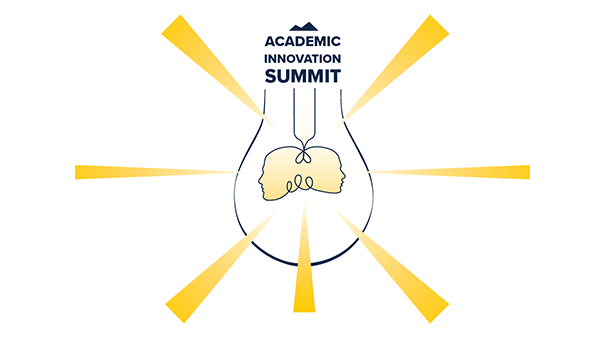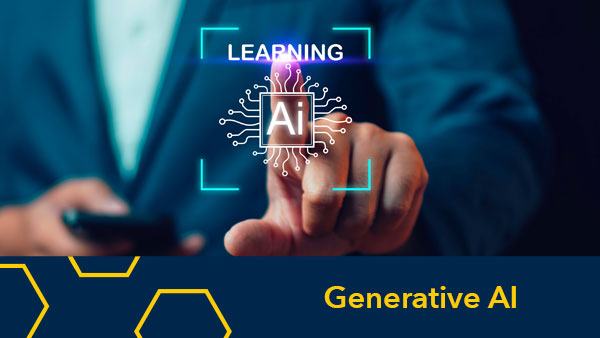What to Expect at the Academic Innovation Initiative Summit
Rachel Niemer, Director of the Gameful Learning Lab
@rkniemer
I was born and raised in Michigan, so the University of Michigan has been a part of my vocabulary from a young age. Despite this, I didn’t know very much about the University’s history, so I’ve been soaking up as much of the bicentennial energy as possible. As the calendar year is winding down, we, as a community, are clearly turning to focus on where the University is headed. October and November bring with them multiple events looking toward our next century, including a Summit event for the Academic Innovation Initiative on November 14, 2017.
As the Summit took shape, we were intentionally aiming to create something different than what we’ve done or seen in the past. Although the impetus for the Summit is to celebrate one year of the Academic Innovation Initiative, the event itself is designed to draw out new ideas to push academic innovation forward on campus.

Broadening and Sustaining Participation in Higher Education
The full-day Summit will continue the conversational tone of the other events this Fall. The day will kick off with a panel moderated by Dr. Chuck Severance, Clinical Associate Professor from the School of Information. The panelists are all experts on academic innovation from organizations around the country:
- Kristen Eshleman, Director of Digital Innovation at Davidson College
- Simon Nelson, Chief Executive Officer of FutureLearn
- Carin Nuernberg, Vice President of Online Education at Berklee College of Music
- Nikhil Sinha, Chief Business Officer of Coursera
- Anne Trumbore, Senior Director of Wharton Online, The Wharton School, University of Pennsylvania
Summit attendees will have the opportunity to shape the agenda and topics for that panel by submitting questions for the panelists when they arrive. Dr. Chuck, James DeVaney and I have met with all of the panelists, and if the panel conversation is half as forthright as our meetings were, Summit attendees are in for a few surprises. For example, one panelist noted how she (note, I’m paraphrasing here) hates technology, but loves how its existence gets us to think differently about our relevance and purpose.
Experiential Learning Activities
The middle of the Summit promises to be highly interactive and will give participants an opportunity to share their insights and opinions about both ongoing and up-and-coming initiatives on campus. Participants can choose one of three options for the interactive sessions:
- Participate in a role-playing simulation, playing a prominent stakeholder or decision maker at U-M.
- Explore and design ways to improve the effectiveness and interactivity of the online learning experiences U-M creates.
- Participate in a design thinking workshop to develop two-way public engagement models for U-M scholars.
The outputs of each of these sessions will inform the work of faculty innovators and Academic Innovation staff as we work together to further the culture of innovation on campus.
Academic Innovation at Michigan
After the interactive/experiential sessions, Provost Martin Philbert will provide brief remarks to frame a panel discussion among Deans from across campus, moderated by James Hilton, Dean of Libraries and Vice Provost for Academic Innovation. The panel members were selected for their varied approaches to (and experience with) academic innovation on campus:
- Tom Finholt, School of Information
- Alec Gallimore, College of Engineering
- Jonathan Massey, School of Architecture and Urban Planning
- Laurie K. McCauley, School of Dentistry
- Lynn Videka, School of Social Work
Each of the deans will articulate their strategy for academic innovation, how they are aligning the goals of their school with those of the University and how they are supporting faculty innovators. As a group, they will explore open models for pre-college learning and preparation, personalized and inclusive approaches to the residential experience, flexible and networked models for lifelong learning and the university’s commitment to public engagement.
The day will close with a reception for faculty, staff, students and community members to reflect on their roles in shaping the future of innovation for teaching and learning at U-M.
If you haven’t yet RSVP’d for the event, please join the 200+ people who already have and join us for this celebration! You can register here and see the overview agenda of the day here.


